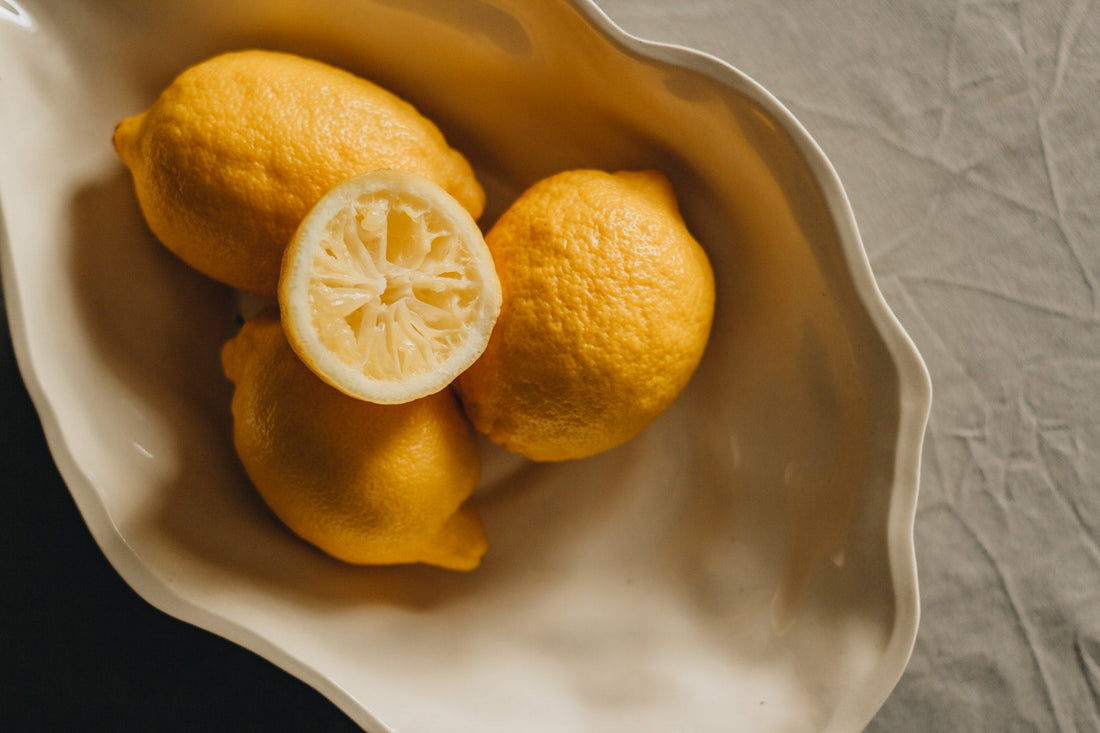
What are signs of an unhappy liver?
Share
The ‘control centre’
Think of your liver as a ‘control centre’, involved in monitoring, directing and overseeing many activities in your body, such as cleaning up and removing toxins, processing the foods you eat and regulating a number of chemical reactions. As one of the largest and busiest organs in your body, your liver is heavily involved in a wide variety of activities including:
- Detoxifying and clearing waste products, toxins, alcohol, medications and hormones from your bloodstream
- Producing bile salts to help break down fats
- Maintaining healthy digestive function
- Storing and releasing sugars and fats for energy
- Storing and distributing vitamins and minerals around your body
- Breaking down hormones and old blood cells
- Producing essential proteins, including blood clotting factors and enzymes
- Making and storing cholesterol
Signs and symptoms of an unhappy liver
There are a number of signs and symptoms that may give you a clue that your liver is unhappy and not working to its full capacity:
- Abdominal discomfort
- Digestive disturbances, including bloating, flatulence and heartburn
- Temporary loss of appetite
- Feeling of fullness
Your top 3 ‘liver-loving’ herbs
- St Mary’s thistle is the classic ‘gold standard’ liver herb traditionally used to support the liver and gallbladder, and to help maintain healthy digestive function. St Mary’s thistle is a liver antioxidant and free radical scavenger, helping to protect the liver from toxins and assists healthy liver regeneration. Traditionally, St Mary’s thistle is used for the relief of symptoms of non-specific dyspepsia, such as bloating, flatulence and heartburn. See more here St Mary's Thistle 35 000.
- Dandelion root is a bitter liver tonic herb traditionally used to aid digestion and to stimulate the appetite in cases of temporary loss of appetite. Dandelion root may help to relieve the symptoms of digestive disturbances such as bloating, flatulence and the feeling of fullness. See more here Liver Care.
- Schizandra has a long history of use in Traditional Chinese Medicine (TCM) as a liver tonic. See more here Liver Care.
